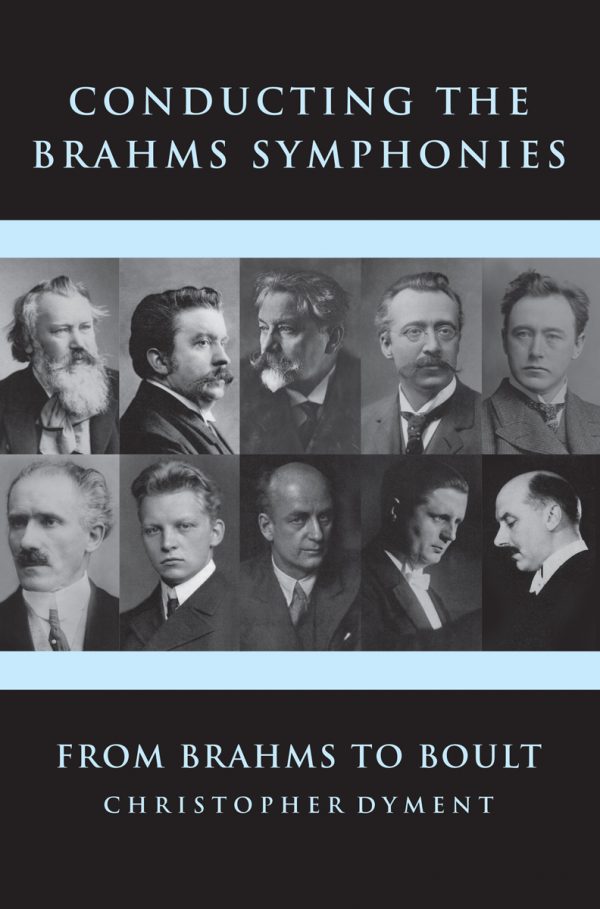-
×
 Dumping In Dixie
1 × $12.24
Dumping In Dixie
1 × $12.24 -
×
 50 Essays: A Portable Anthology
1 × $6.50
50 Essays: A Portable Anthology
1 × $6.50 -
×
 Making Working Women's Costume
1 × $4.99
Making Working Women's Costume
1 × $4.99 -
×
 Connected
1 × $2.50
Connected
1 × $2.50 -
×
 Far Beyond the Field
1 × $9.00
Far Beyond the Field
1 × $9.00 -
×
 Ceremony
1 × $2.50
Ceremony
1 × $2.50 -
×
 Community-Based Participatory Research
1 × $7.67
Community-Based Participatory Research
1 × $7.67 -
×
 A History of Western Society, Concise Edition, Volume Two
1 × $12.75
A History of Western Society, Concise Edition, Volume Two
1 × $12.75 -
×
 Aiding Violence: The Development Enterprise in Rwanda
1 × $6.88
Aiding Violence: The Development Enterprise in Rwanda
1 × $6.88 -
×
 American Corrections
1 × $7.62
American Corrections
1 × $7.62 -
×
 A Wellness Way of Life
1 × $23.44
A Wellness Way of Life
1 × $23.44 -
×
 Economics of Social Issues
1 × $15.63
Economics of Social Issues
1 × $15.63 -
×
 A Practical Companion to Ethics
1 × $5.74
A Practical Companion to Ethics
1 × $5.74 -
×
 A Woman's Guide to Cannabis
1 × $3.99
A Woman's Guide to Cannabis
1 × $3.99 -
×
 Advanced Generalist Social Work Practice
1 × $23.25
Advanced Generalist Social Work Practice
1 × $23.25 -
×
 They Say / I Say: The Moves That Matter in Academic Writing, with 2016 MLA Update and Readings (Third Edition)
1 × $6.25
They Say / I Say: The Moves That Matter in Academic Writing, with 2016 MLA Update and Readings (Third Edition)
1 × $6.25 -
×
 An African American and Latinx History of the United States
1 × $3.25
An African American and Latinx History of the United States
1 × $3.25 -
×
 Dream Analysis
1 × $10.49
Dream Analysis
1 × $10.49 -
×
 Cardiac Electrophysiology: A Visual Guide for Nurses, Techs, and Fellows
1 × $19.75
Cardiac Electrophysiology: A Visual Guide for Nurses, Techs, and Fellows
1 × $19.75 -
×
 A Place to Stand
1 × $4.00
A Place to Stand
1 × $4.00
Subtotal: $188.44


 Dumping In Dixie
Dumping In Dixie  50 Essays: A Portable Anthology
50 Essays: A Portable Anthology  Making Working Women's Costume
Making Working Women's Costume  Connected
Connected  Far Beyond the Field
Far Beyond the Field  Ceremony
Ceremony  Community-Based Participatory Research
Community-Based Participatory Research  A History of Western Society, Concise Edition, Volume Two
A History of Western Society, Concise Edition, Volume Two  Aiding Violence: The Development Enterprise in Rwanda
Aiding Violence: The Development Enterprise in Rwanda  American Corrections
American Corrections  A Wellness Way of Life
A Wellness Way of Life  Economics of Social Issues
Economics of Social Issues  A Practical Companion to Ethics
A Practical Companion to Ethics  A Woman's Guide to Cannabis
A Woman's Guide to Cannabis  Advanced Generalist Social Work Practice
Advanced Generalist Social Work Practice  They Say / I Say: The Moves That Matter in Academic Writing, with 2016 MLA Update and Readings (Third Edition)
They Say / I Say: The Moves That Matter in Academic Writing, with 2016 MLA Update and Readings (Third Edition)  An African American and Latinx History of the United States
An African American and Latinx History of the United States  Dream Analysis
Dream Analysis  Cardiac Electrophysiology: A Visual Guide for Nurses, Techs, and Fellows
Cardiac Electrophysiology: A Visual Guide for Nurses, Techs, and Fellows  A Place to Stand
A Place to Stand 









Review Conducting the Brahms Symphonies
There are no reviews yet.